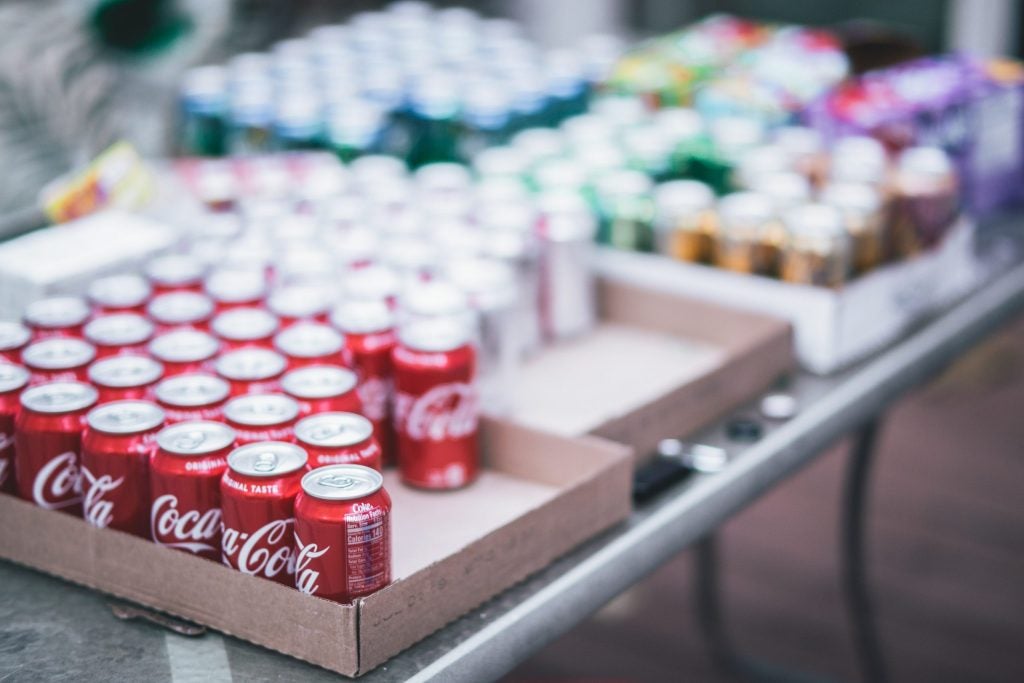Placing warning labels on beverage dispensers might be enough to help college students cut back on sugary drinks, according to a new study.
The study by the University of Michigan School of Public Health and University of California, Davis, found that labels helped reduce consumption by nearly 15%.
“Warning labels may be effective tools for reducing consumption of sugar-sweetened beverages, particularly beverages such as sweetened teas, pink lemonade and chocolate milk for which the sugar content is not immediately obvious or well known,” said lead author Cindy Leung, University of Michigan School of Public Health assistant professor of Nutritional Sciences.
Co-author Julia Wolfson, University of Michigan School of Public Health assistant professor of Health Management and Policy and Nutritional Sciences, said that sugar-sweetened beverages remain ubiquitous in retail and cafeteria settings on college campuses.
“As we explore avenues to promote healthy food and beverage choices, warning labels are a potential tool to reduce their consumption that should be tested in other populations and other settings,” she said.
The researchers placed warning labels on beverage dispensers at a University of Michigan cafeteria for one semester in 2019.
At the intervention site, consumption of sugary drinks that had the warning label declined by nearly 19%, compared to a decline of about 5% at the control sites. Students exposed to the warning labels also reduced their 100% fruit juice consumption by 21% even though in the experiment they had not been labeled as sugar-sweetened beverages.
You can read the full article here.



